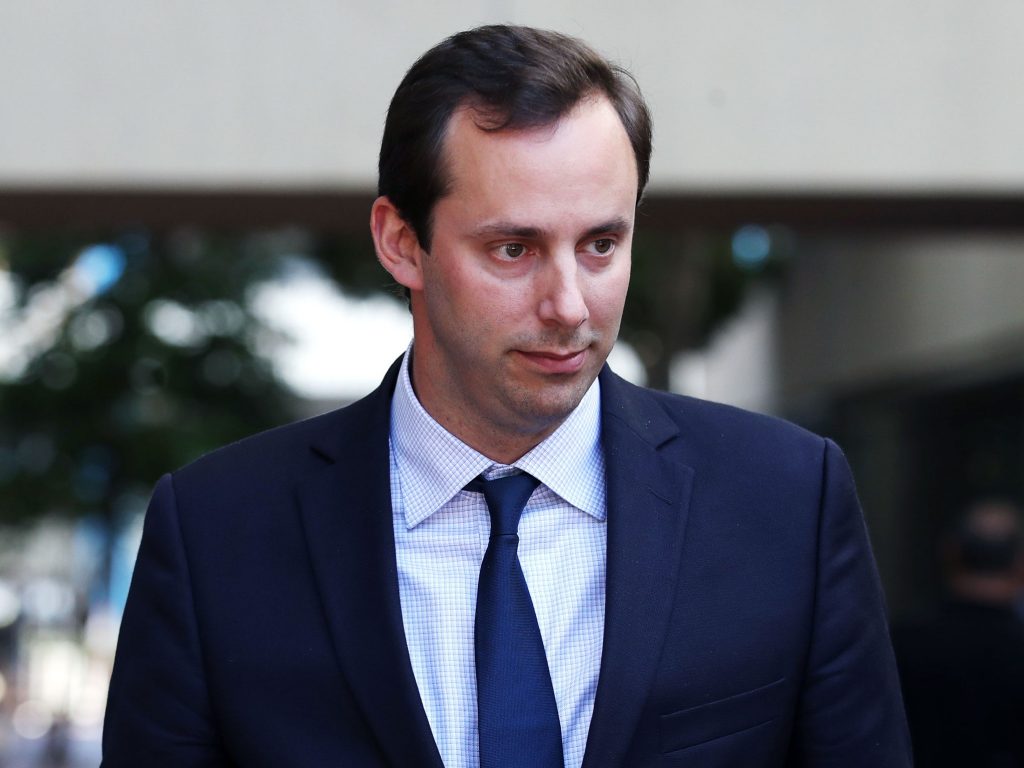One of the most famous software engineers in the world has potentially been left high and dry by one of the world’s most famous companies, all because of a broken promise.

When was the last time you broke a promise?
I’m not talking about a promise like, “I promise I’ll be home by 5:30pm” and you don’t get home until 6pm.
I’m talking about a promise where the stakes are astronomical. One where, if you break it, someone’s wellbeing or livelihood could be at stake.
I ask this because, hidden in the coronavirus tsunami of media coverage, a pretty epic legal case just took a massive twist.
I’m not sure how many of you have heard of Anthony Levandowski, but he’s basically the godfather of self-driving cars.
Levandowski was a star engineer at Google when he was approached by Uber to head up their driverless vehicles project in 2016.
According to Bloomberg, Levandowski said he was: “warned by none other than Larry Page that he’d face ‘negative consequences’ if he left to compete with Google.“
However, Uber, Levandowski claims, assured him that they ‘had his back’ by agreeing to indemnify him against Google’s anticipated retribution.
So, off they went to the wonderful world of litigation and, true to their word, Uber paid for Levandowski’s legal defence for almost three years.
Until they didn’t.
You see, apparently when Levandowski left Waymo (the driverless car subsidiary of Alphabet, which owns Google), he allegedly downloaded thousands of files from Google before he left the company. And, perhaps most contentiously, Levandowski ‘revealed goals, metrics and technical challenges faced by Waymo’ for the specific advantage of Uber.
Now it seems that Levandowski is going to go after Uber for the money it owes him! Again, according to Bloomberg:
“Uber insisted on controlling his defense as part of its duty to indemnify him. Then, when Uber didn’t like the outcome, it suddenly changed its mind,” Levandowski’s lawyer, Neel Chatterjee, said in an email. “What Uber did is wrong, and Anthony has to protect his rights as a result.”
Talk about a broken promise. After all, there’s no guarantee that Uber didn’t know exactly what Levandowski was up to when he left Waymo.
The question will likely come down to contracts – what did Uber specifically agree to in writing? What was done with no more assurance than a handshake or the wink of an eye? How much did Levandowski disclose to Uber about what he would do?
Aside from the obviously dodgy ethics there’s a communications challenge for businesses here: what do you actually promise to clients?
Where is the paper trail? What are the exact deliverables you have promised to deliver? What results have you assured?
Because if you can’t answer those questions definitively it could lead to some very messy circumstances down the road.



